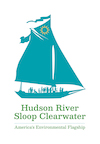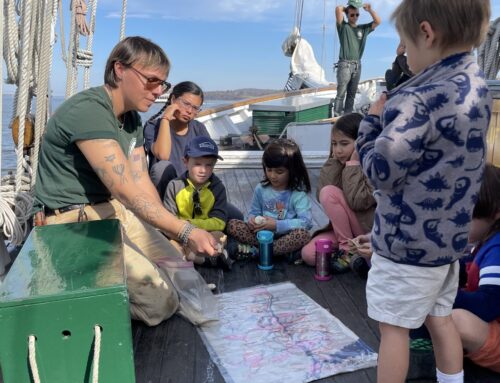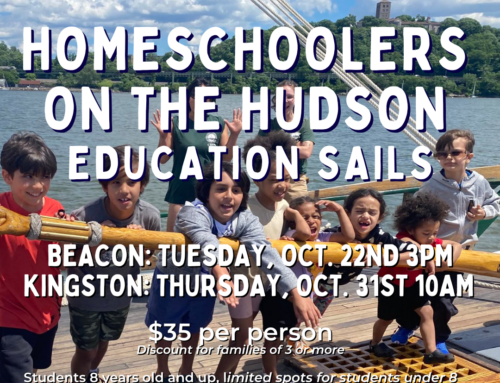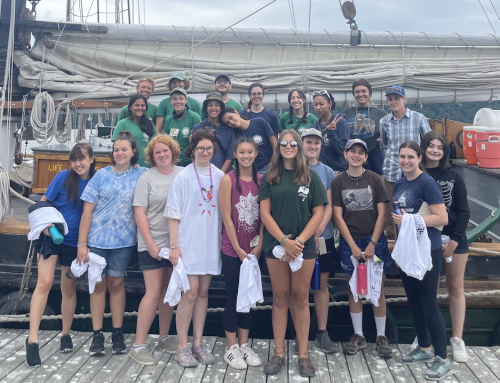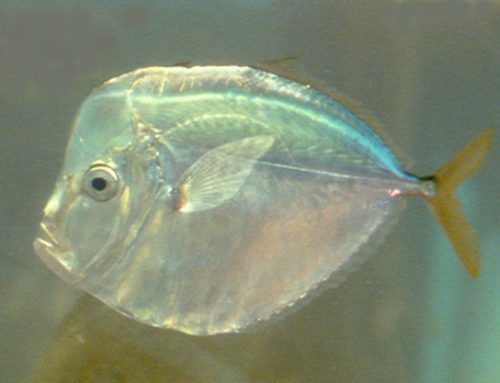– Amanda Thieroff and Kate Henel, Clearwater Education Interns
We wake up to pounding rain. The Hudson River Sloop Clearwater is at the 79th Street Boat Basin and is rocking vigorously as we await our students, middle schoolers from MS 391, who are coming from all the way up in the Bronx.
“Who speaks Spanish?” Jocelyn, our Onboard Education Specialist, asks. About half of the crew raise their hands. Some raise them higher than others. Our students this morning, we learn, are mostly Spanish-speakers – from places like Puerto Rico and the Dominican Republic. Today we’ll face a big challenge, teaching kids that speak a different language than ourselves about the Hudson River.
Luckily we have our second mate Carlos on board, who hails from the Dominican Republic. He gives the safety talk in Spanish while Jocelyn surprised us all by leading her first education program with Clearwater in smooth Spanish.
But new challenges arise as we leave the dock…
The rain picks up and we break out forty yellow raincoats from the hold. We go fishing, but we catch no fish! Meanwhile, something interesting is beginning to happen.
Over at our Hudson River Life station, where, we don’t have any “life” to display today, students are animatedly asking questions about the bones they found in the “artifact” box.
“This looks like a fish head!” one girl shouts, while her friend holding up a vertebra says, “I think this is its spine!” They hold the two pieces together, “See?” A small girl holding a deer skull asks, “Can I describe it in Spanish?” And she does, and her friends translate for our station teacher, and for any other kids who may not understand.
Over on the port side at the Water Quality station, crew member Aubrey, is talking about the plankton that live in the river. “Do you guys know plankton?” she asks. “Si, plank-ton!” the kids answer.
At Navigation, discovery proves to be our greatest tool. The kids use anemometers and compasses to measure the direction and strength of the wind. (It is still pouring, by the way). Some students describe what they see in Spanish and some in English, both with equal excitement and they help each other.
That’s the thing with experiential learning—you don’t always need to speak the same language to communicate or to discover new things. We were worried about having a language barrier with our students. What if they didn’t understand anything we said and got frustrated? Frustration is the biggest obstacle to learning, you can ask any of the new Clearwater crew members if you have any doubt about that, but that’s not what happened here. The students’ enthusiasm came across despite any difference in language. You know, even though we’re the ones who are supposed be the educators, it’s amazing what we can learn from the kids.
